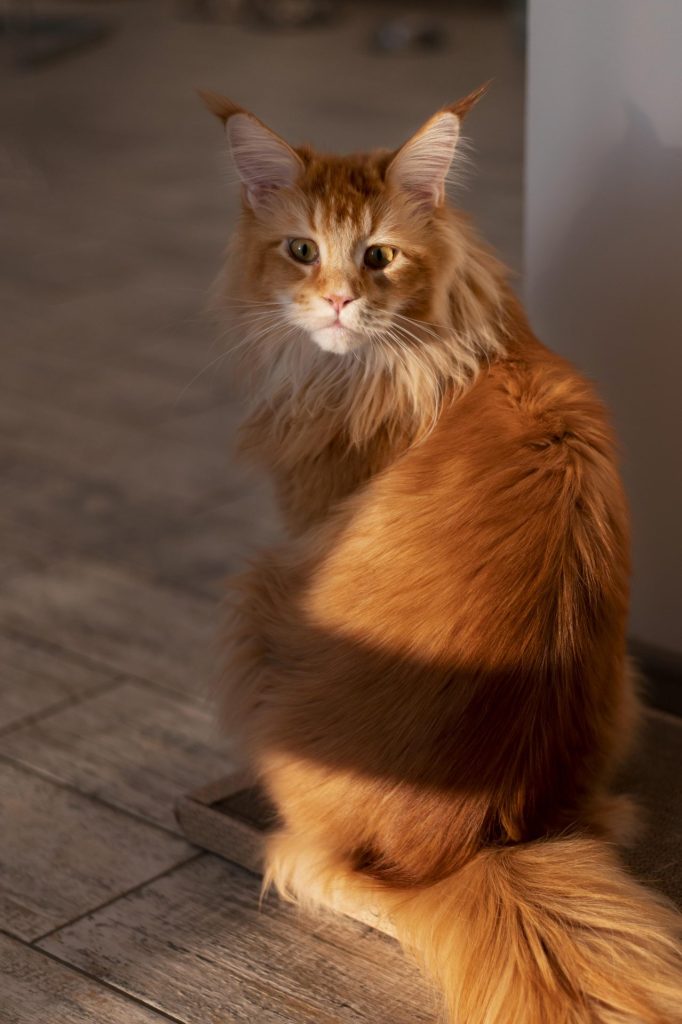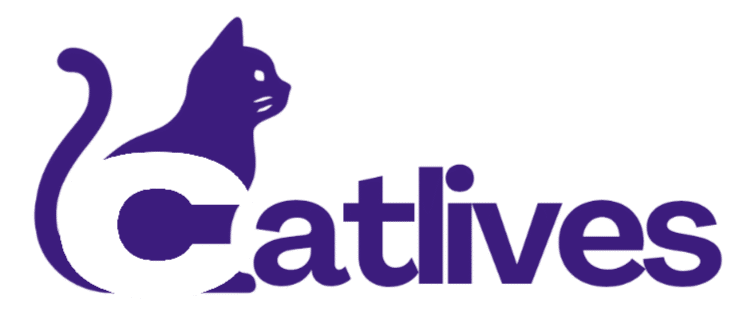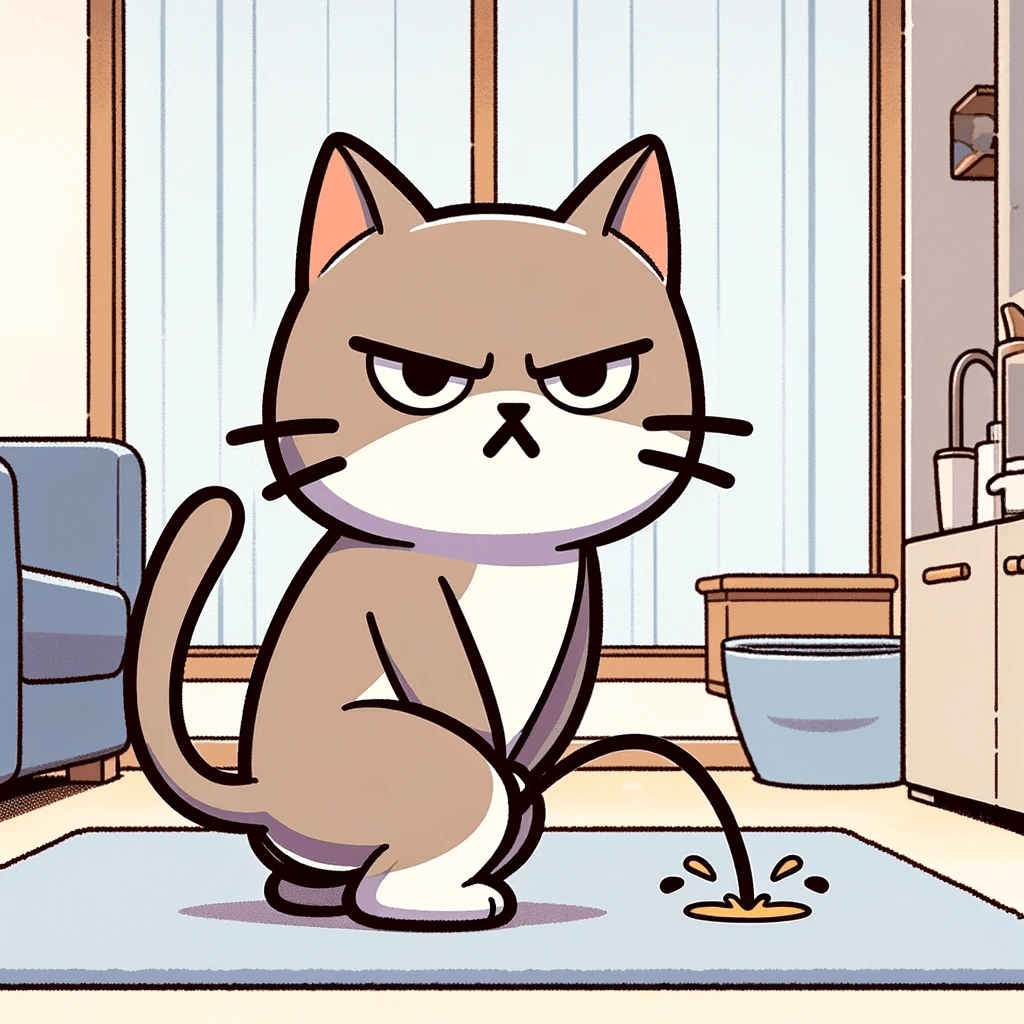Maine Coons are famous for their impressive size, luxurious coat, and friendly demeanor, but did you know their dietary requirements are slightly different from those of other cats? These are the best cat food for maine coon cats in 2025. These “gentle giants” grow for a longer period, which means they need high-quality cat food that supports both steady growth and joint health. Whether you’re a new Maine Coon owner or looking to refine your feline’s diet, choosing the best cat food is crucial.
In this article, we’ll cover everything from key nutrients to look for, recommended commercial brands, and even homemade meal options to help you make an informed decision. Ready to give your Maine Coon the nutritional boost they need to thrive? Let’s dive in!
Understanding Maine Coon Nutritional Needs

Maine Coon Cat Nutritional Basics
Maine Coons are among the largest domestic cat breeds, often taking up to 4–5 years to reach full maturity. Their nutritional needs reflect this extended growth cycle, making protein and balanced minerals indispensable for a healthy transition into adulthood.
- High Protein Requirement
- Protein supports muscle development and a strong immune system. Look for foods containing 35–45% protein on a dry matter basis for adult Maine Coons.
- Moderate Fat Content
- Fat provides energy and helps maintain a healthy coat. Aim for 15–25% fat in dry matter for active Maine Coons.
- Essential Vitamins & Minerals
- Calcium and phosphorus ratios must be well-balanced to support bones and joints. Taurine is also key for heart health and vision.
- Omega-3 & Omega-6 Fatty Acids
- Essential for coat quality and joint lubrication, often derived from fish oil or flaxseed.
Related Reading: Check out our Maine Coon Cat Care Guide for more insights on grooming and general wellness.
Choosing the Right Cat Food
Wet vs. Dry: Which Is Better for Maine Coons?
- Wet Food Pros
- Higher moisture content, which helps prevent urinary tract issues.
- Often more palatable, enticing picky eaters.
- Dry Food Pros
- Convenient and cost-effective.
- Encourages chewing, which can support dental health to an extent.
In reality, a mixed feeding approach (half wet, half dry) can strike a nutritional and palatability balance, offering the best of both worlds.
Key Labels & Certifications to Look For
- AAFCO Statement (for US-based brands): Indicates the food meets minimum nutritional standards.
- FEDIAF Compliance (for European brands): Ensures the product meets European nutritional guidelines.
- GMO-Free / Organic Labels: May appeal to owners seeking more natural ingredients.
Top Commercial Cat Food Brands for Maine Coons (2025)
1. Royal Canin Maine Coon Formula
- Why It’s Great: Specifically formulated for Maine Coons, featuring larger kibble shapes to encourage chewing and ingredients that promote joint health.
- Pros:
- Joint-supporting nutrients (Glucosamine, Chondroitin)
- High protein content
- Specialized kibble size for jaw structure
- Cons:
- Premium price point
2. Purina Pro Plan Focus (Large Breed Cat Formula)
- Why It’s Great: While not exclusively “Maine Coon,” it targets large breed cats, offering balanced nutrition and extra joint support.
- Pros:
- High-quality protein from real meat sources
- Often more affordable than breed-specific options
- Widely available online and in-store
- Cons:
- Some formulas may contain fillers like corn or wheat
3. Hill’s Science Diet Adult Indoor
- Why It’s Great: Ideal for Maine Coons that prefer indoor living, offering controlled calorie content to prevent weight gain.
- Pros:
- Vet-recommended brand
- Good balance of protein and fiber
- Includes antioxidants for immune support
- Cons:
- Not specifically tailored to large breeds, so check portion sizes carefully
4. Blue Buffalo Wilderness High Protein
- Why It’s Great: Grain-free formula with real meat as the first ingredient. Suitable for Maine Coons needing a higher protein diet.
- Pros:
- No artificial preservatives
- High in Omega-3 fatty acids for coat health
- Variety of flavors (chicken, salmon, etc.)
- Cons:
- Some cats may experience digestive issues when switching to grain-free
5. Applaws Chicken & Salmon (Wet Food)
- Why It’s Great: Offers high-quality protein in a simple, limited-ingredient formula. Ideal as a complementary wet food option.
- Pros:
- 75% or higher real meat content
- No artificial additives
- Good moisture content
- Cons:
- Pricier due to premium ingredients
- Typically sold in smaller cans or pouches
Tip: Always transition slowly when introducing a new food—mix it with the current food over 7–10 days to help your Maine Coon adjust without digestive upset.
Considering Homemade & Raw Diets
Pros & Cons of Homemade Diets
- Pros:
- Full control over ingredients
- Can cater to specific dietary needs (e.g., allergies or intolerances)
- Cons:
- Requires careful formulation to avoid nutrient deficiencies
- Time-consuming to source and prepare ingredients
Raw Diets for Maine Coons
- Potential Benefits:
- High protein content
- Less processing compared to commercial foods
- Potential Risks:
- Bacterial contamination (Salmonella, E. coli) if not handled properly
- Higher cost and more involved preparation
Reminder: Consult a veterinarian or certified animal nutritionist before switching to any homemade or raw diet to ensure you meet your Maine Coon’s nutritional needs.
Special Dietary Considerations
Weight Management
- Maine Coons can be prone to obesity if overfed or under-exercised. Look for weight-control formulas if your cat is less active, and incorporate regular play to keep them fit.
Joint Support
- Large breeds often benefit from joint supplements like Glucosamine and Chondroitin, frequently included in premium cat foods.
- If your Maine Coon shows signs of discomfort, discuss with a vet whether an additional supplement is necessary.
Senior Maine Coons
- Reduced Phosphorus & Sodium: Helps maintain kidney health in older cats.
- Enhanced Antioxidants: Supports a stronger immune system in their golden years.
Further Reading: Explore our Cat Health Check Basics for signs to watch as your Maine Coon ages.
Frequently Asked Question
What kind of protein do Maine Coons need?
Maine Coons benefit from high-quality animal proteins like chicken, turkey, salmon, or beef. Look for foods with meat as the first listed ingredient.
How often should I feed my Maine Coon?
Most adult Maine Coons do well with two or three meals a day. Kittens and seniors may require more frequent, smaller meals.
Is grain-free cat food necessary for Maine Coons?
It depends on the individual cat. Grain-free diets can help cats with grain allergies or sensitivities, but they’re not mandatory for all Maine Coons.
Can I give my Maine Coon human food?
Certain human foods like plain cooked chicken or fish can be safe in moderation. Avoid foods with seasoning, onions, garlic, or chocolate, as these can be toxic to cats.
When should I switch to senior cat food?
Maine Coons generally reach senior status around 7–10 years old. Consult your vet about transitioning to a senior formula if mobility or weight changes occur.
Final Thoughts on Feeding Maine Coon Cats
Choosing the best cat food for Maine Coon cats ensures your feline companion grows and thrives. Remember:
- High-quality protein and balanced fats are crucial.
- Read labels carefully for certifications and ingredient quality.
- Consult your veterinarian if you’re unsure about diet changes or if your cat has special health considerations.
With the right food and consistent vet check-ups, your Maine Coon will enjoy a happy, healthy, and energetic life for years to come.
Ready to make a change? Start by slowly introducing a premium cat food—monitor your cat’s reaction, and don’t forget regular vet visits to confirm they’re on the right track!
Learn more about the Maine Coon cat breed and discover where to find the best Maine Coon cat breeders in the UK


